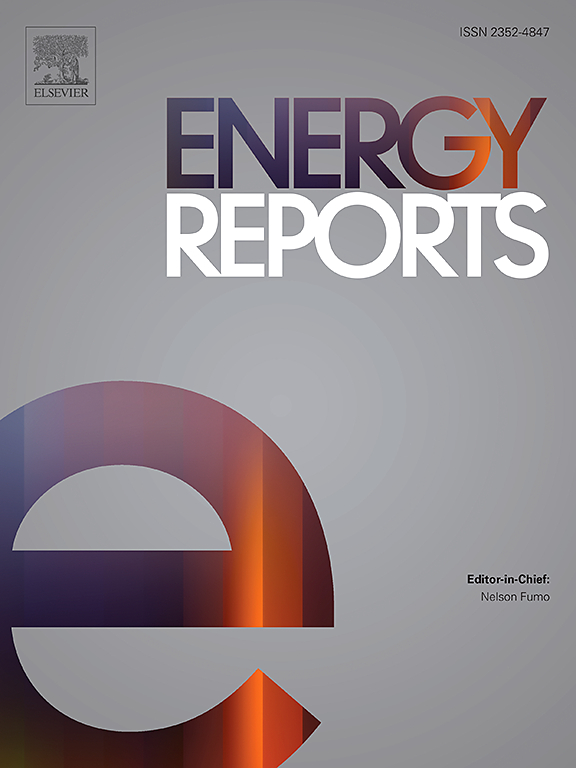Electricity market design for 100 % renewable energy in Germany – Challenges and solutions
IF 5.1
3区 工程技术
Q2 ENERGY & FUELS
引用次数: 0
Abstract
The transition to a renewable energy system poses several challenges for electricity market design. This paper examines the structural changes required to accommodate a fully renewable-based electricity system in Germany, emphasising the integration of renewable energy sources, dispatchable power plants, and flexibility options regarding dispatch, investment, and localisation. We provide a broad overview of prospective measures to support such an energy system. We identify nine main challenges and seventeen solutions, conduct a strengths and weaknesses analysis for the solutions, identify the relevance of the challenges, and how well they can be addressed by the solutions. Renewable investment is analysed in greater depth since a steady increase of RES installations is central to the transformation, and as the share of renewables grows, additional challenges arise. Uncertainty surrounding future electricity prices remain significant, with current investments already reflecting an almost complete renewable system. Two pending regulatory decisions in particular contribute to these uncertainties: Bidding zone allocation and subsidies for hydrogen prices. The paper concludes that while current approaches tackle several market design challenges, further research is needed to enhance investment in renewables, flexibility options, and dispatchable resources.
德国100% 100%可再生能源电力市场设计-挑战和解决方案
向可再生能源系统的过渡对电力市场设计提出了若干挑战。本文考察了适应德国完全可再生电力系统所需的结构变化,强调了可再生能源、可调度电厂的整合,以及调度、投资和本地化方面的灵活性选择。我们提供了支持这样一个能源系统的前瞻性措施的广泛概述。我们确定了9个主要挑战和17个解决方案,对解决方案进行了优势和劣势分析,确定了挑战的相关性,以及解决方案可以如何很好地解决这些挑战。由于可再生能源装置的稳定增长是转型的核心,因此对可再生能源投资进行了更深入的分析,随着可再生能源份额的增长,其他挑战也随之出现。未来电价的不确定性仍然很大,目前的投资已经反映了一个几乎完整的可再生能源系统。两个悬而未决的监管决定尤其会导致这些不确定性:竞标区分配和氢价格补贴。论文的结论是,虽然目前的方法解决了几个市场设计挑战,但需要进一步研究以增加对可再生能源、灵活性选择和可调度资源的投资。
本文章由计算机程序翻译,如有差异,请以英文原文为准。
求助全文
约1分钟内获得全文
求助全文
来源期刊

Energy Reports
Energy-General Energy
CiteScore
8.20
自引率
13.50%
发文量
2608
审稿时长
38 days
期刊介绍:
Energy Reports is a new online multidisciplinary open access journal which focuses on publishing new research in the area of Energy with a rapid review and publication time. Energy Reports will be open to direct submissions and also to submissions from other Elsevier Energy journals, whose Editors have determined that Energy Reports would be a better fit.
 求助内容:
求助内容: 应助结果提醒方式:
应助结果提醒方式:


